The Robinowitz Education Center is a leader in providing expert, diagnostic evaluations for individuals of all ages with learning differences. Research consistently shows that the sooner learning differences are identified and addressed, the better the chances of overcoming them. We do not use disproven methods like the Discrepancy Model to identify individuals with Dyslexia.
We know a child’s grades and results from online assessments with multiple-choice formats do not reliably identify students at risk of learning disorders. We also know that broad achievement tests used with young students are not sensitive enough to identify gaps with their peers. The evaluations conducted by REC diagnosticians include normed, standardized diagnostic, and comprehensive tests.
In addition to our evaluations, the Robinowitz Center team is available for consultations and school observations. School observations are necessary to ascertain whether the prescribed interventions and support are impactful and individualized to result in academic gains.
The Center does not accept insurance. The client will receive a diagnosis code(s) on the Center’s invoice to submit to their insurance company. To complete the intake form for any of our evaluation services online, CLICK HERE.


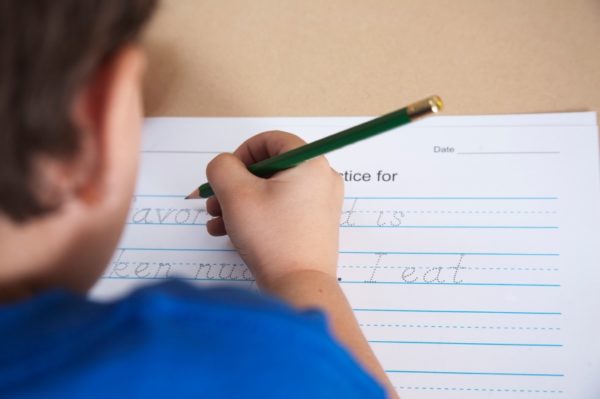

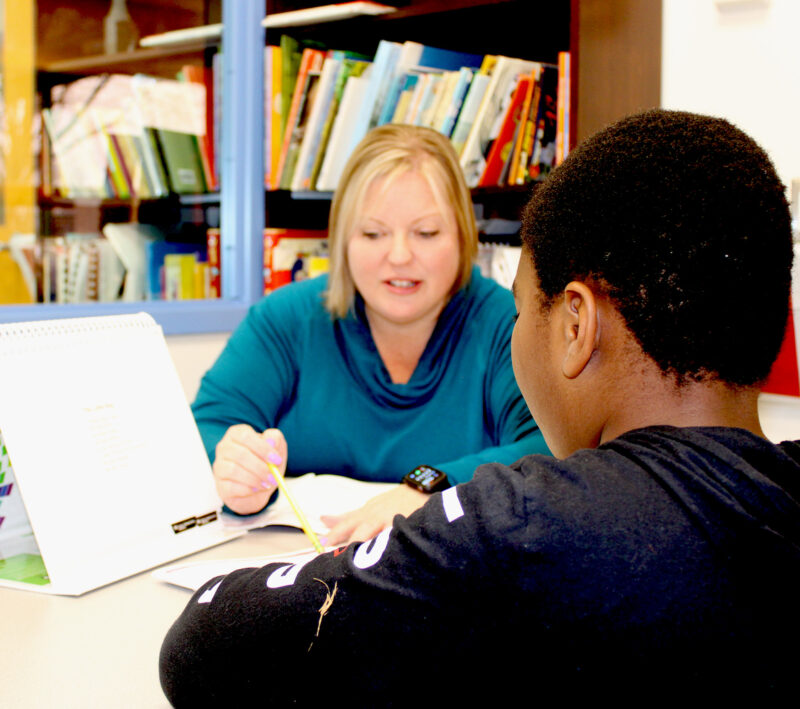
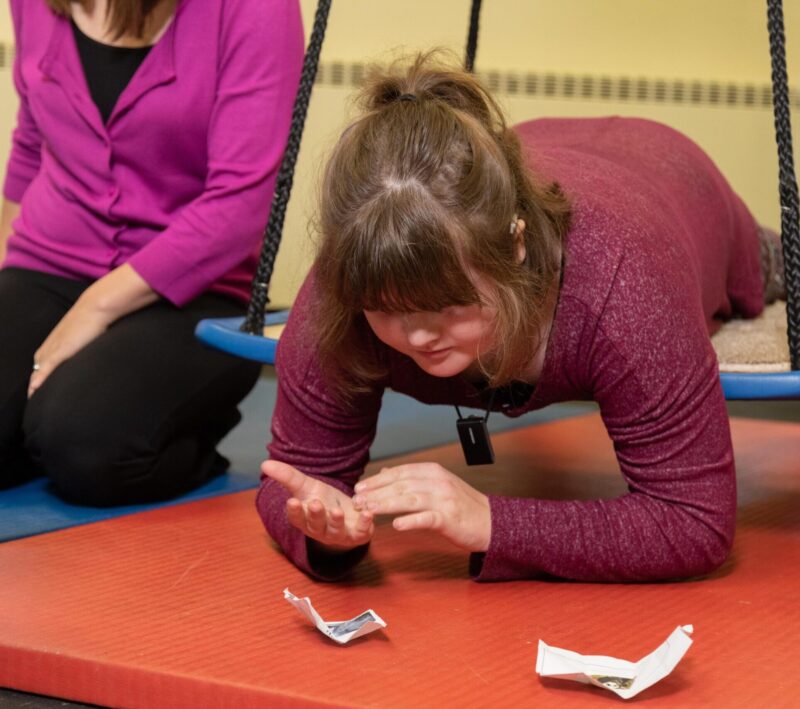
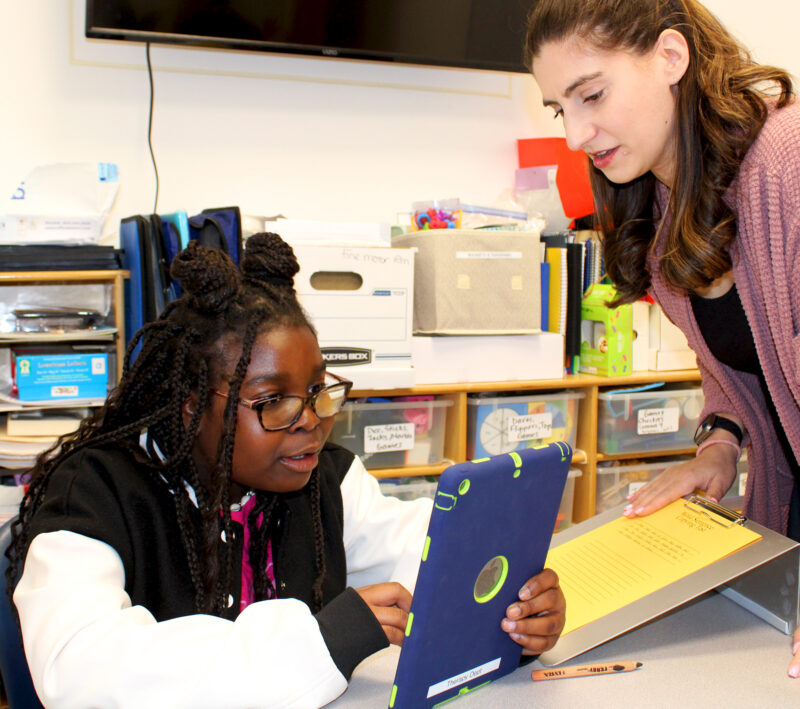
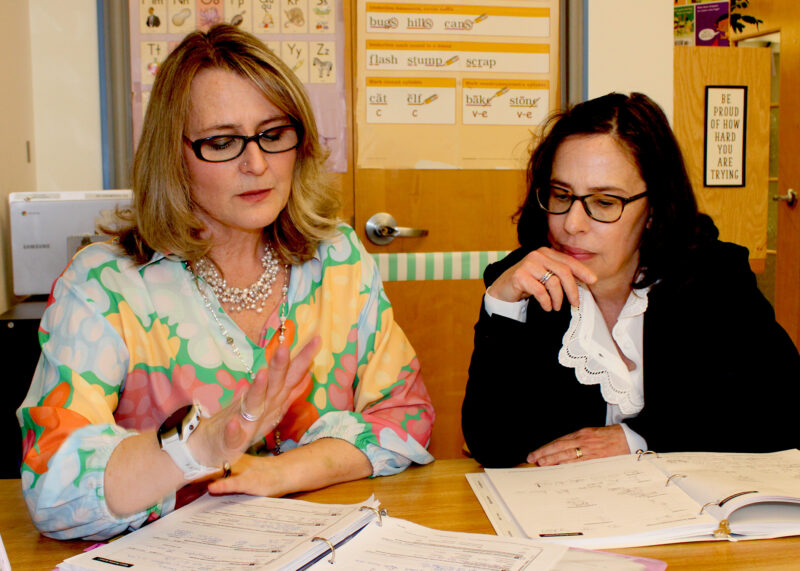
The Robinowitz Education Center is an approved provider of Independent Educational Evaluations for many New Jersey school districts. We do not accept insurance but will provide a detailed invoice for the client to submit to their insurance company for possible reimbursement.
To complete the intake form for any of our evaluation services online, CLICK HERE.